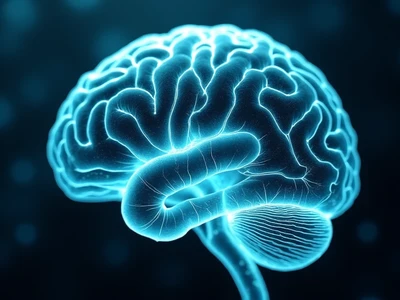Reddit has become a go-to platform for people to share their mental health journeys, especially when it comes to ADHD, depression, and substance use. If you’ve scrolled through subreddits like r/ADHD or r/depression, you’ve probably noticed threads buzzing with raw, real stories about “”reddit depression.”” These discussions often highlight how ADHD, substance use, and depression intertwine. At BrainTalking, we’re here to break down the science behind this connection and offer insights you can use.
This article dives into why adults with ADHD are more prone to substance use disorders, how depression fits into the mix, and what’s happening in the brain. From neuroscience to Reddit chatter about Adderall, weed, and even ketamine, we’ll cover it all in a way that’s clear and engaging. Let’s get started.
ADHD and Substance Use: An Overview
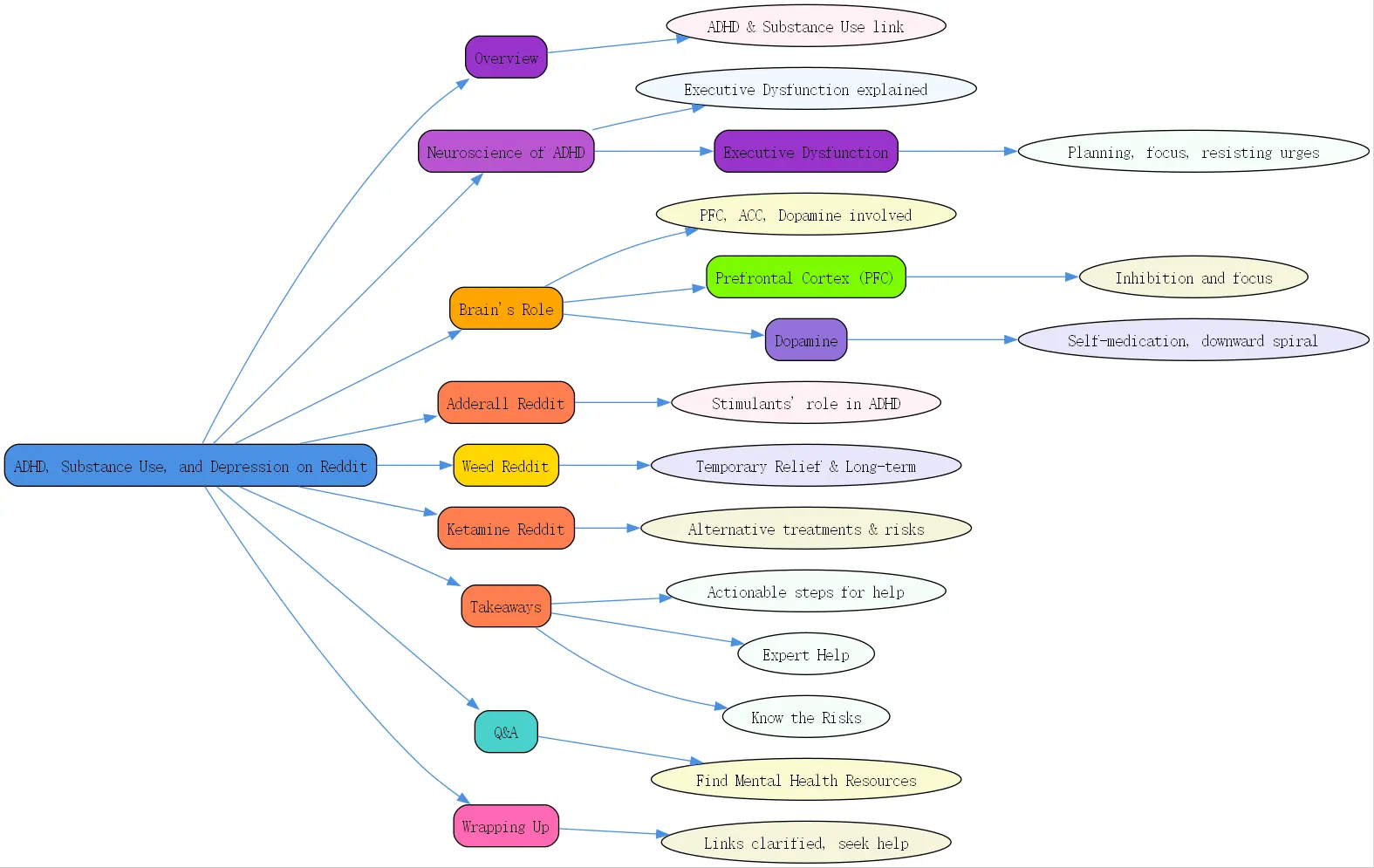
ADHD isn’t just about fidgeting or forgetting things—it’s a condition that can shape your whole life. Studies show that nearly half of adults with ADHD have faced a substance use disorder at some point. That’s a huge number, and it’s not random. Alcohol tops the list, especially for those aged 20 to 39, with cannabis and other drugs following close behind.
Why does this happen? For one, ADHD messes with your brain’s ability to regulate impulses and make decisions. Add in the fact that over a quarter of these adults also deal with major depression, and you’ve got a tricky combo. On Reddit, people often talk about using substances to cope with both ADHD symptoms and depressive lows, a pattern that’s all too common.
The overlap isn’t just coincidence—it’s tied to how ADHD affects behavior and emotions. Depression can amplify the chaos of ADHD, pushing some toward alcohol or drugs for relief. Understanding this link is the first step to tackling it, whether for yourself or someone you care about.
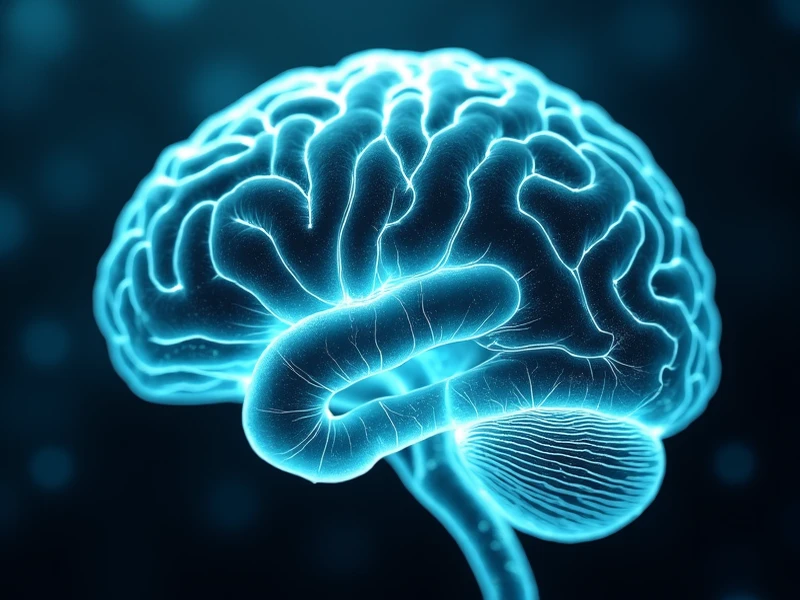
The Neuroscience of ADHD and Vulnerability to Substance Use
At its heart, ADHD is a disorder of executive dysfunction. That’s a fancy way of saying the brain struggles to manage tasks like planning, focusing, or resisting urges. Let’s break it down into three big pieces.
What’s Executive Dysfunction?
Imagine you’re trying to study, but your brain keeps suggesting snacks, phone checks, or a quick Reddit scroll. That’s executive dysfunction in action. For people with ADHD, the brain’s control system is glitchy, making everyday tasks feel like climbing a mountain.
Components of Executive Dysfunction
- Deficient Behavioral Inhibition: This is about stopping yourself from acting on every impulse. In ADHD, the brain’s brakes are weak. You might want to focus, but the urge to do something else—like grab a drink—wins out too often.
- Altered Sensitivity to Reinforcement and Reward: Ever notice how small, instant pleasures feel extra tempting with ADHD? That’s because the brain craves quick rewards over long-term gains. Studies show folks with ADHD might pick $1 now over $5 later, a wiring quirk tied to dopamine.
- Impulsivity and Intolerance to Delayed Gratification: Impulsivity means acting fast without thinking it through. Paired with a dislike for waiting, it’s a recipe for trouble. If chocolate’s in reach, resisting it feels harder for an ADHD brain than for others.
Why ADHD Brains Lean Toward Substances
These traits—weak inhibition, reward cravings, and impulsivity—make substance use almost magnetic. Normally, your brain has shields to resist addictive stuff. In ADHD, those shields are flimsy. Substances promise fast relief or fun, and the ADHD brain struggles to say no. It’s not a lack of willpower—it’s neuroscience at play.
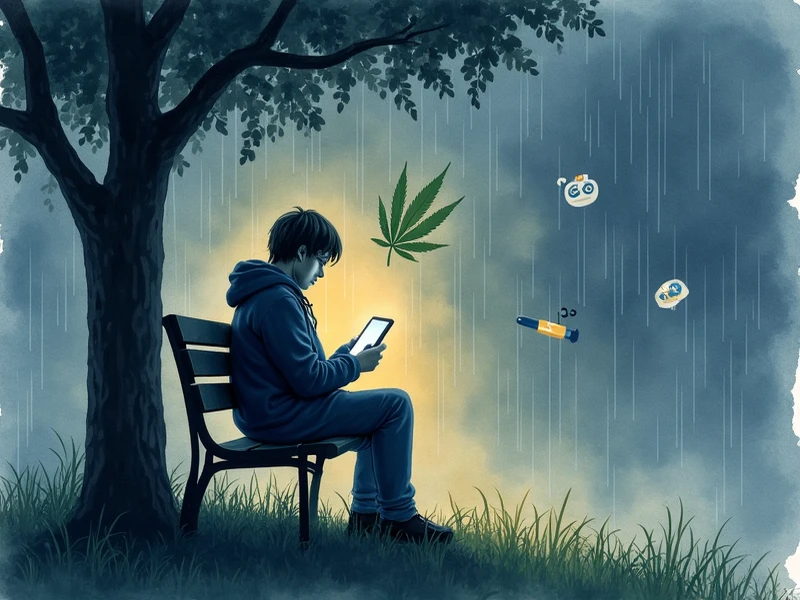
The Brain’s Role: Prefrontal Cortex, Anterior Cingulate Cortex, and Dopamine
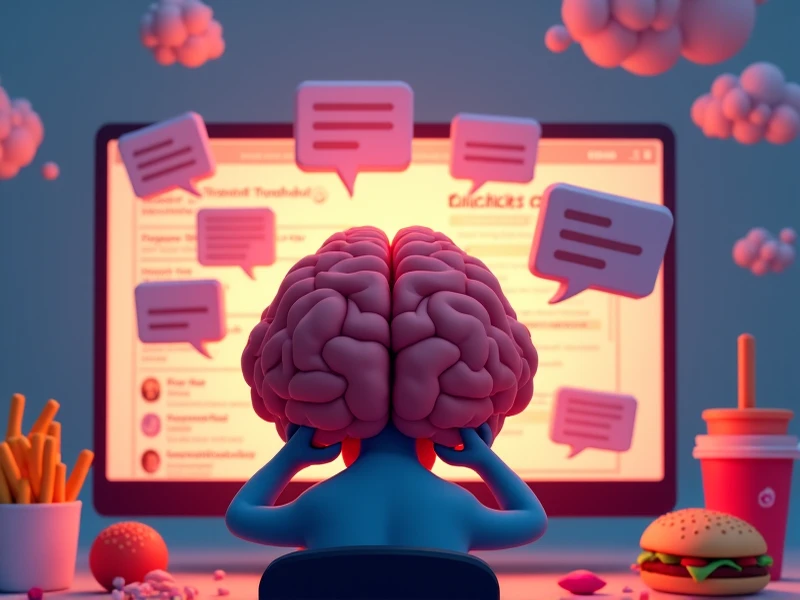
Let’s zoom into the brain to see what’s really going on. Three key players explain why ADHD and substance use are so linked.
Prefrontal Cortex (PFC): Inhibition and Focus
The PFC is like your brain’s boss, handling focus and self-control. In ADHD, it’s underactive, so distractions sneak in and impulses run wild. Stimulants like Adderall boost PFC power, which is why they help some people concentrate better.
Anterior Cingulate Cortex: Selective Attention and Inhibitory Control
Think of the anterior cingulate cortex (ACC) as a filter. It helps you tune out noise and stick to what matters. In ADHD, the ACC slacks off, making it tough to ignore irrelevant thoughts or urges. This glitch adds to the chaos of executive dysfunction.
Impaired Dopamine Activity: Self-Medication and the Downward Spiral
Dopamine’s the brain’s reward chemical, and in ADHD, it’s out of whack. Low dopamine levels leave you restless, chasing stimulation. Substances like alcohol or weed spike dopamine fast, offering a temporary fix. But here’s the catch: over time, chronic use flips the script, dropping dopamine lower and dragging ADHD symptoms—and depression—down with it.
This cycle is a hot topic on Reddit. Users often share how substances feel like a lifeline at first, only to backfire later. It’s a classic self-medication trap, rooted in the brain’s wiring.
Adderall Depression Reddit: The Role of Stimulants
Adderall’s a big name in ADHD treatment, and it’s all over Reddit under tags like “”adderall depression reddit.”” Why? It’s a stimulant that revs up the PFC, sharpening focus and taming impulses. For many, it’s a game-changer—tasks get easier, and the mental fog lifts.
But it’s not perfect. Some Redditors report a crash when it wears off, feeling moody or even depressed. Misuse is another issue—taking too much or using it without a prescription can spark dependency. The buzz on Reddit shows both sides: relief for some, struggles for others. It’s a reminder that meds need a doctor’s guidance, not just a hunch.
Still, when used right, Adderall can balance the ADHD brain. It’s about boosting that PFC function to quiet the noise, not chasing a high. Pair it with therapy or habits like exercise, and you’ve got a solid shot at managing symptoms.
Weed Depression Reddit: The Temporary Relief and Long-Term Effects
Cannabis gets a lot of airtime on Reddit, especially in posts tagged “”weed depression reddit.”” Users often say it calms their ADHD jitters or lifts their mood at first. That’s the dopamine boost kicking in—a quick hit of feel-good vibes.
The problem? It doesn’t last. Early on, weed perks up the PFC and other areas, mimicking self-medication. But with regular use, the brain shifts gears. The striatum takes over, and instead of raising dopamine, chronic use starts to drain it. Suddenly, ADHD symptoms like distractibility get worse, and depression creeps in stronger.
Reddit’s full of these stories—people start with hope, then notice the slump. It’s a paradox: what feels like a fix becomes a foe. For ADHD brains already low on dopamine, weed’s long-term toll can deepen the struggle.
Ketamine Depression Reddit: Exploring Alternative Treatments and Risks
Ketamine’s the new kid on the block, popping up in “”ketamine depression reddit”” threads. Unlike typical antidepressants, it targets glutamate, offering fast relief for some with depression. It also tweaks dopamine receptors, amplifying its effects—a potential plus for ADHD-related lows.
On Reddit, users rave about its promise, especially if other treatments flop. Studies back this up—ketamine can lift mood in hours, not weeks. But there’s a flip side. It’s not fully understood yet, and misuse risks dependency or side effects like dissociation. For ADHD folks, the dopamine dance is tricky—helpful short-term, risky long-term.
Experts say it’s worth exploring, but only with a pro. Reddit’s buzz shows hope and caution, a mix BrainTalking supports. It’s cutting-edge, but not a DIY fix.
Takeaways and Actionable Steps
Struggling with ADHD, substances, or depression? Here’s what to know and do:
- Get Expert Help: ADHD and substance use need a team—think doctors, therapists, or support groups. Self-medicating’s a gamble.
- Know the Risks: Weed or Adderall might feel good now, but they can backfire. Check out this NIMH guide for more.
- Try Alternatives: Ask about ketamine or therapy if standard stuff fails. Stay curious but safe.
- Lean on Community: Reddit’s great for support—join r/ADHD for tips. Just filter advice through pros.
Q&A: How Can I Find Reliable Mental Health Resources Online?
Q: How do I sift through online info to find legit mental health help?
A: The internet’s a jungle, but you can find gold. Stick to sites like the National Institute of Mental Health or Mayo Clinic—big names with solid cred. Look for articles by pros—psychologists or MDs—not random bloggers. If it’s got citations to studies, like from PubMed, that’s a green light. Reddit’s cool for stories, but cross-check with experts. At BrainTalking, we blend science and readability to keep you informed—trust sources that do the same.
Wrapping Up
ADHD, substance use, and depression are tangled up in ways Reddit users know all too well. The brain’s quirks—weak PFC, low dopamine, impulsivity—explain why. Whether it’s “”adderall depression reddit”” or “”weed depression reddit,”” the chatter reflects real struggles and science. At BrainTalking, we’re here to clarify these links and point you toward help. If this hits home, talk to a pro—2025’s a great year to take charge of your mental health.

